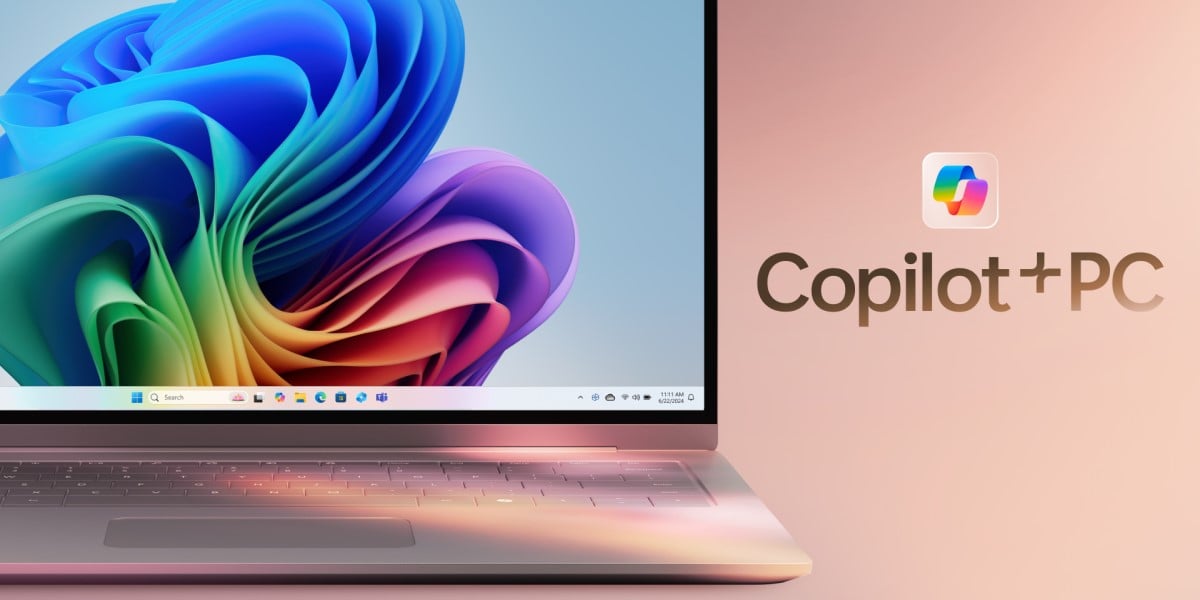Tech
Samsung Korea warns many apps won’t run on its Qualcomm-powered Copilot+ PCs

Samsung has debuted Copilot+ PCs running on Qualcomm processors, but warned buyers in South Korea – and seemingly only that nation – that they won’t run many common applications.
The term “Copilot+ PC” was dreamed up by Microsoft to denote a machine boasting a neural processing unit (NPU) capable of operating at 40 trillion operations per second (TOPS), and therefore fit to run all the shiny AI bells and whistles of Windows 11 at pleasing speed. Microsoft’s first examples of Copilot+ PC employed Qualcomm’s Snapdragon X Elite processors, which pack 45 TOPS and use the Arm processor architecture.
As most PCs use the x86 architecture, machines built around Arm raise the prospect of old software being orphaned – which would hardly encourage buyers. Microsoft, however, created an emulation layer called Prism that it claims will make “your apps run great, whether native or emulated” on Copilot+ PCs.
Samsung South Korea begs to differ.
In a compatibility notice, the Korean giant warns that many security applications, Adobe Illustrator and Google Drive won’t run on its GalaxyBook Edge 4 Copilot+ PCs. Games including Fortnite, League of Legends and Microsoft’s flagship shooter Halo Infinite are also unhappy under Windows 11 for Arm and Snapdragon silicon, evidently.
Websites for some South Korean financial services providers are also incompatible with the machines. The compatibility page also warns that certain printers may not work with the machines without new software.
The Register has checked Samsung sites outside South Korea and was unable to find similar compatibility notices. We’ve also searched for the product codes listed alongside the laptops in Korea and can’t find those elsewhere.
That could be an important clue. In around 2005 Microsoft lost an antitrust case in South Korea and was required to unbundle some Windows components – notably media players. The OS giant produced a Korea-only cut of Windows until at least Windows 10.
We’ve asked Microsoft and Samsung to explain the compatibility notice and will inform readers if we receive substantive replies. ®







:max_bytes(150000):strip_icc()/roundup-writereditor-loved-deals-tout-f5de51f85de145b2b1eb99cdb7b6cb84.jpg)


